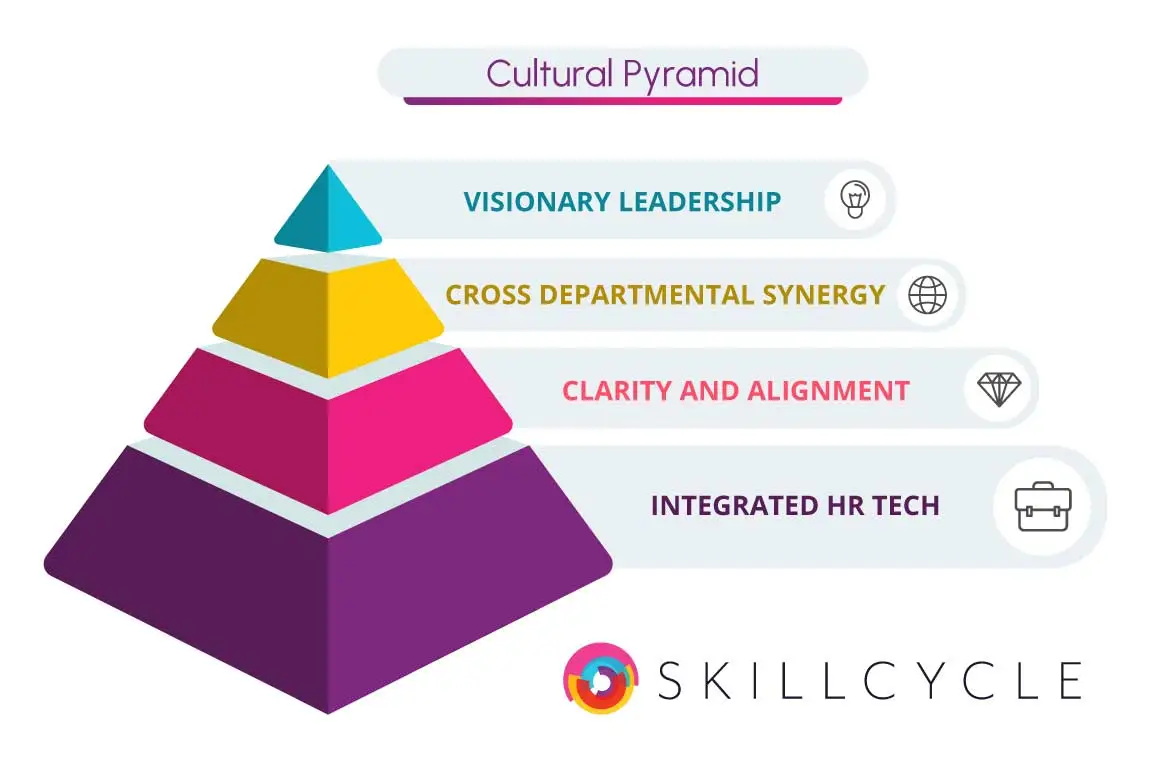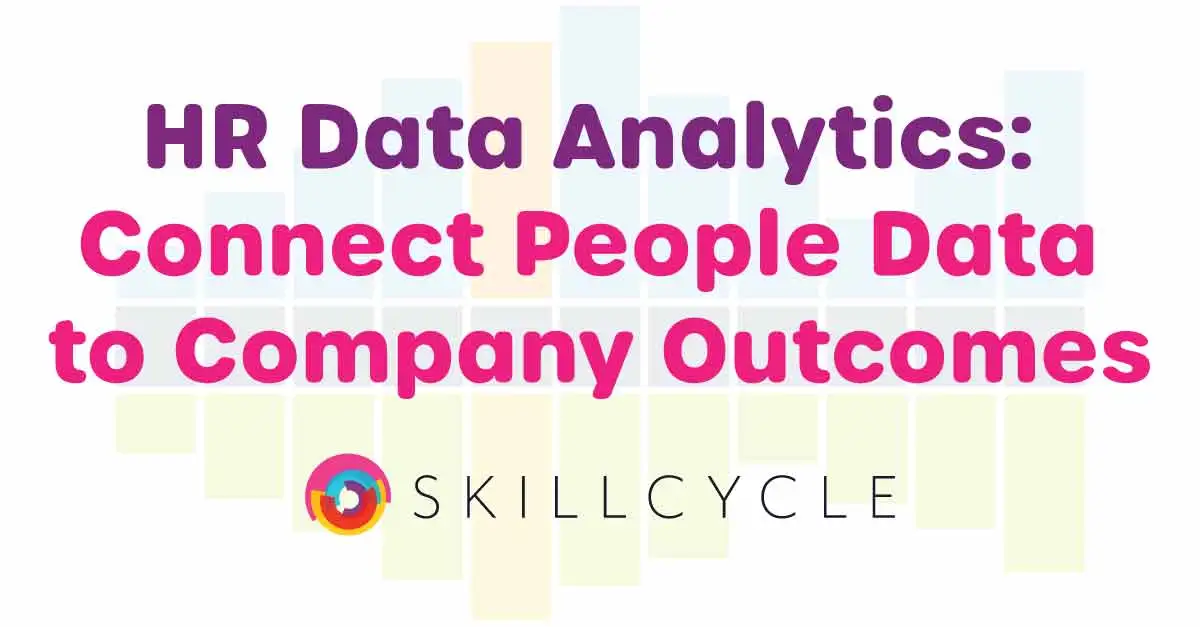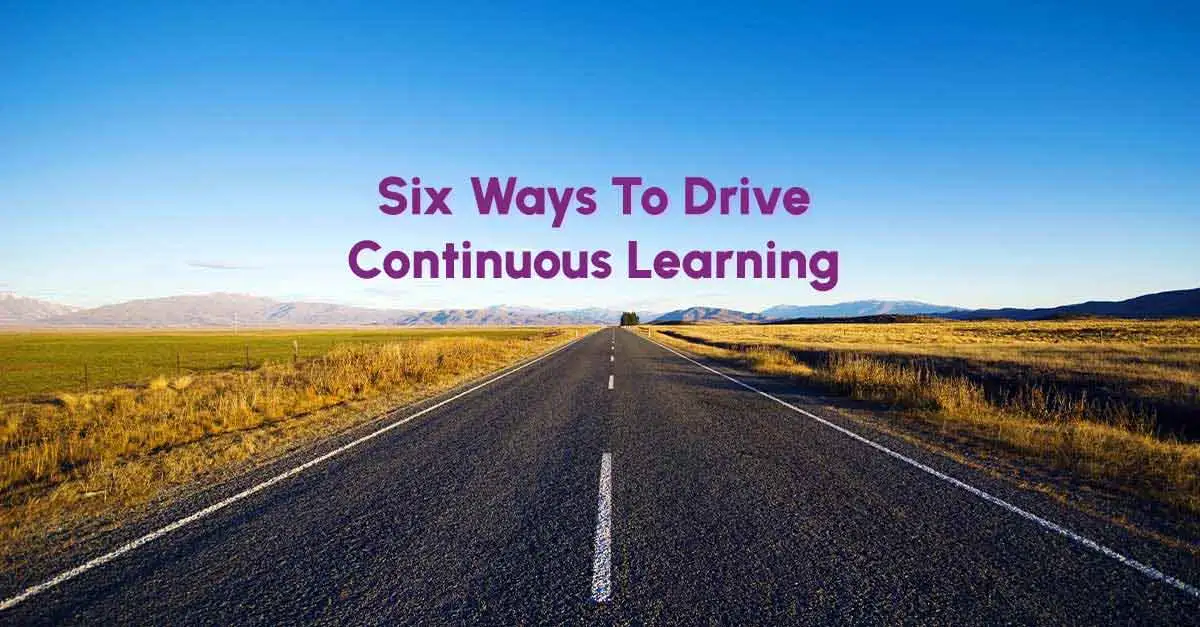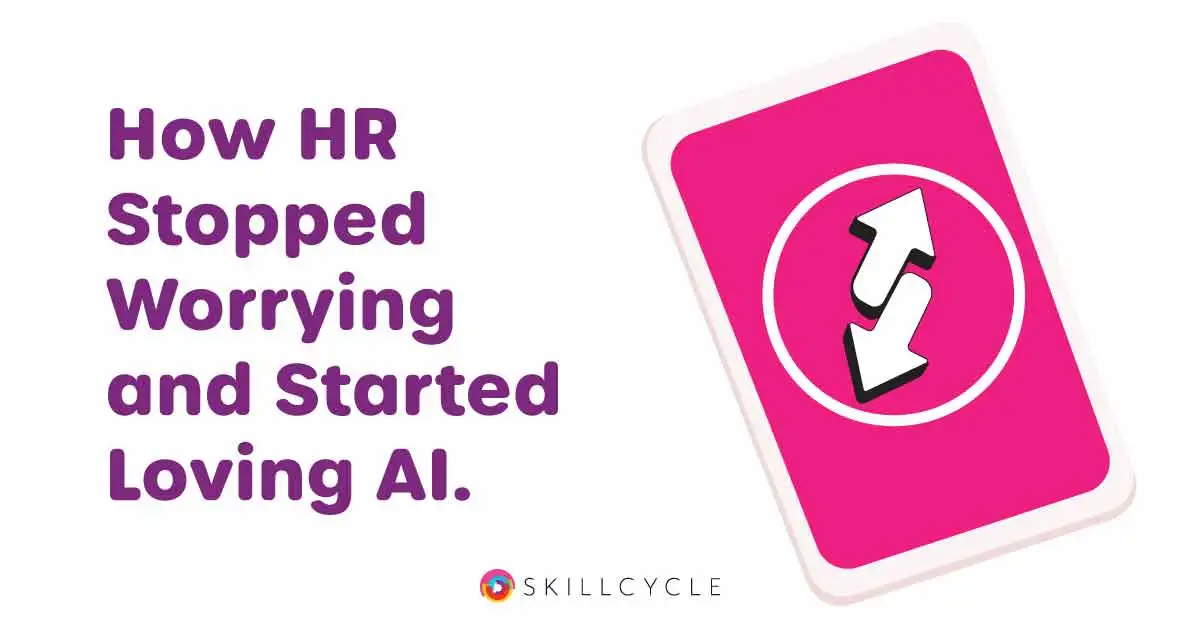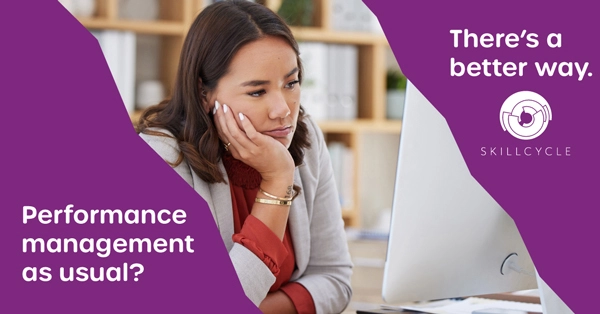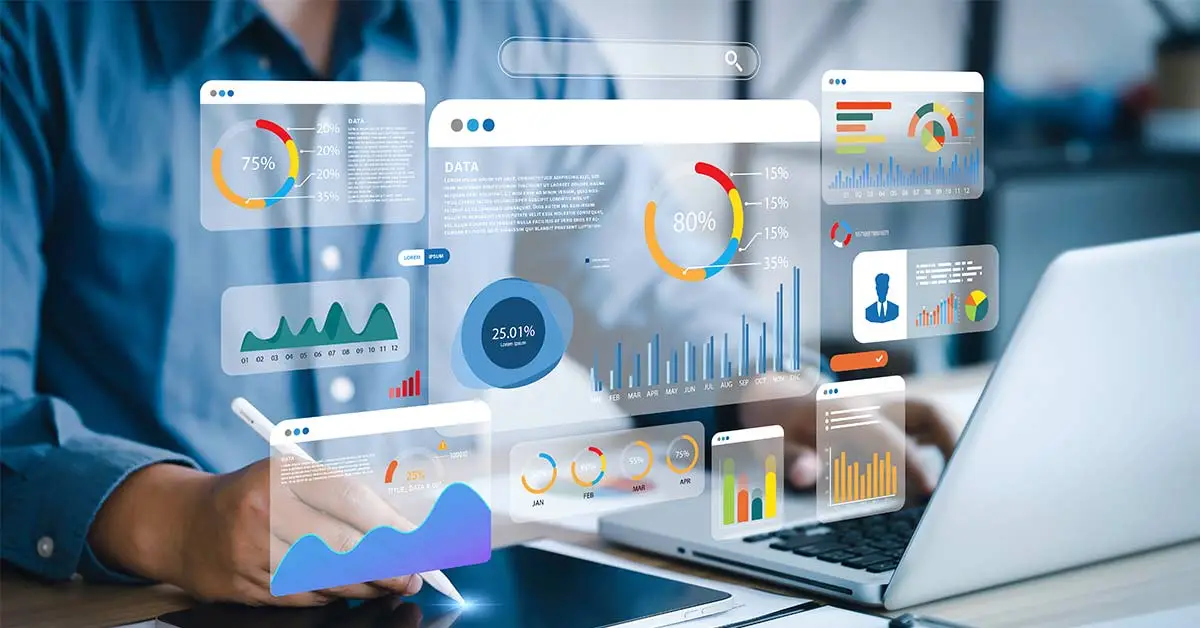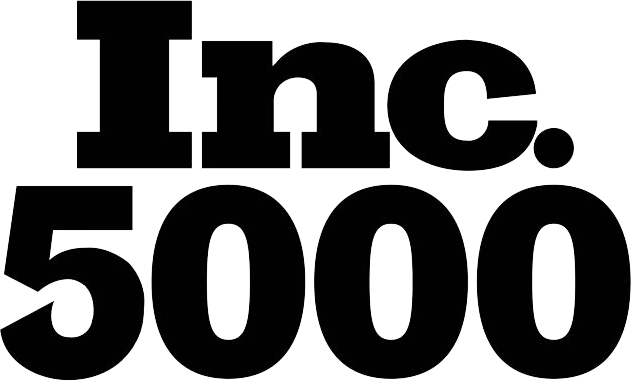
Leveraging AI at Work to Nurture a High-Performing Culture
When people consider the impact of AI at work, many do so warily, with concerns about job security and inevitable change. And certainly, change is moving quickly. Over 8 million occupational shifts took place between 2019 and 2022, with another 12 million expected by 2030, according to McKinse


